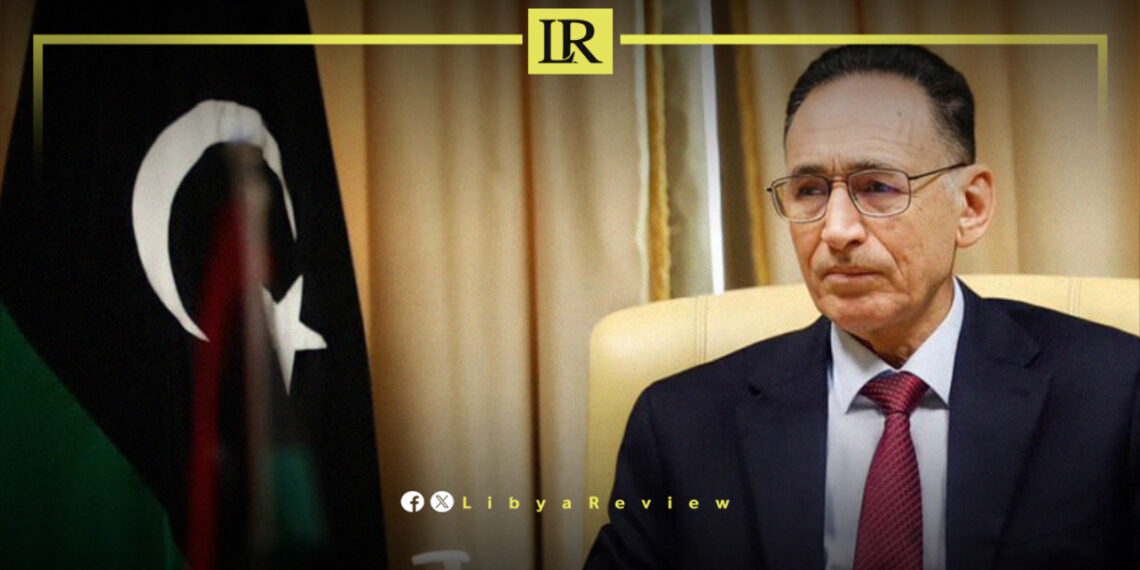On Saturday, Libya’s Minister of Economy and Trade, Mohamed Al-Hwaij, announced ambitious plans to boost trade with Egypt, aiming to increase bilateral trade volume to $3 billion in 2024 and further expand it to $10 billion by 2030.
He emphasized the importance of enhancing economic cooperation, leveraging the long-standing partnership between Libya and Egypt, and utilizing their shared resources and expertise to drive growth.
During his visit to the Cairo Fashion & Tex exhibition, Al-Hwaij highlighted that trade between the two nations surged by 42% in 2023, reaching $1.7 billion from January to November, compared to $1.2 billion during the same period in 2022.
This growth underscores the strengthening economic ties between Tripoli and Cairo, with both governments actively working to facilitate cross-border investments and trade partnerships.
To further solidify commercial ties, Libya plans to host a major trade exhibition titled “Made in Egypt” in Tripoli, followed by another in Benghazi after Ramadan.
The initiative, in collaboration with the Egyptian General Authority for Exhibitions and Conferences, aims to showcase Egyptian industries and strengthen economic collaboration. The exhibition will feature companies from multiple sectors, including engineering, metal industries, chemicals, construction materials, food production, packaging, furniture, home appliances, textiles, medical supplies, and services.
Al-Hwaij stressed that strengthening industrial cooperation with Egypt is crucial for Libya’s economic recovery, particularly as the country continues to rebuild its infrastructure and diversify its economy. He reaffirmed Libya’s commitment to fostering regional trade, describing Egypt as a key economic partner that plays an essential role in the Arab world’s economic landscape.
Libya and Egypt share a historically strong economic and trade relationship, with Egyptian companies playing a major role in Libya’s infrastructure, construction, and industrial sectors. Egypt has been a primary source of skilled labor for Libya, with thousands of Egyptian workers employed in various industries across the country.
The two nations have also collaborated on energy projects, manufacturing, and trade routes.


